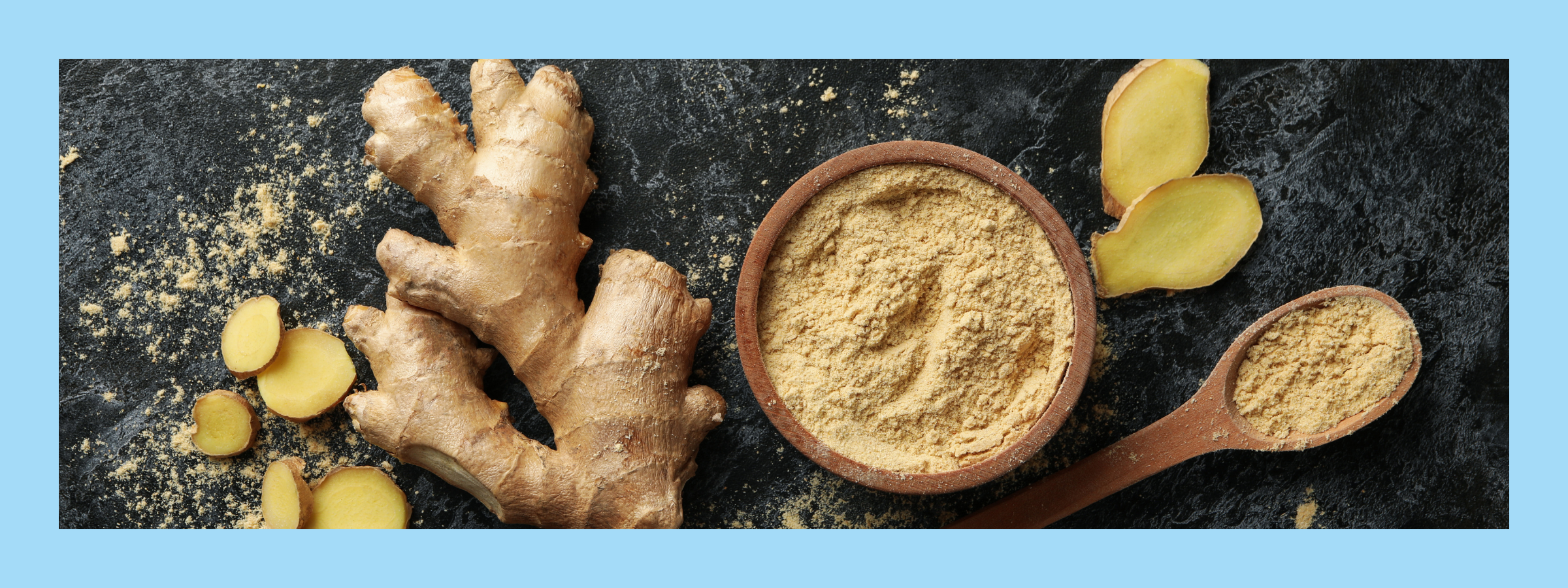
An explanation of peripheral neuropathy - nerve damage & the meaning of neuropathy
What is Peripheral neuropathy?
Peripheral neuropathy is damage to the nerves outside the brain and spinal cord. These nerves carry sensations to the brain and control the movement of our arms, legs, bladder and bowel. This nerve disorder is a common side effect from chemotherapy but in some rare cases also radiotherapy. This nerve damage can cause tingling, numbness, and other sensations, often in the feet and hands.
What causes nerve damage?
Some people develop peripheral neuropathy while others do not. The cause of peripheral neuropathy may be related to the drugs a person takes, which may be causing damage to the nerves. Below are other reasons why you may have peripheral neuropathy.
1. Some anti-cancer drugs can cause nerve damage. This is the most common cause of peripheral neuropathy in people with cancer.
2. Cancer can cause peripheral neuropathy in one area of the body if the tumour is growing close to a nerve and presses on it.
3. Surgery may damage nerves and cause symptoms in the affected area. For example, breast cancer surgery may cause numbness or tingling and pain in the arm.
4. Rarely, radiotherapy may damage nerves in the treated area. This can cause symptoms such as numbness and weakness. These may develop months or years after treatment.
5. In some types of cancer, the body may make substances that damage peripheral nerves. This is called paraneoplastic syndrome. It may happen in people with lung cancer, lymphoma or myeloma.
What are the symptoms of cancer neuropathy?
- Tingling, pins and needles or numbness
- Pain, which can be mild or more severe
- Muscle weakness that makes it hard to walk
- Constipation and feeling bloated
- Feeling light-headed or dizzy when you sit up or stand up
- Difficulty doing up buttons on clothing or picking up small objects
- Problems with balance and coordination.
- Cramps (in your feet)
- Burning or a warm feeling
Neuropathy in cancer patients
Which problems you have and how serious they are depend on which nerves are damaged or affected. For example you may have nerve problems during cancer treatment or a short time afterwards, or they might get worse after your treatment ends.
Symptoms are often mild to start with, and gradually get worse. Your doctor or nurse will monitor you for signs of nerve damage before each treatment. This helps them decide whether to continue your treatment, reduce the dose or stop the drug.
The following can also cause nerve problems
- Diabetes
- Drinking too much alcohol
- HIV, the virus that causes AIDS
- An immune system disease
- Thyroid or Kidney Problems
- Certain inherited conditions that affect nerves
- Lead poisoning or being exposed to pesticides
If you have any of these conditions, tell your doctor before you start cancer treatment.
Chemotherapy induced neuropathy Symptoms: Nerve explanation
There are 3 different types of nerves that send signals to our brain and spinal cords. Below explains what each one does and if damaged, how it can affect the body.
Sensory nerves - These nerves affect your sense of feeling but if damaged you may experience the symptoms below:
- Tingling, pins and needles or numbness.
- Pain that might feel like pinching, sharp stabs, a burning sensation, or electric shocks. Things like shoes or bed covers might cause pain, when they normally do not.
- A tight feeling, as if you are wearing tight gloves or stockings.
- Discomfort that gets worse when you touch something.
- Difficulty feeling hot and cold temperatures or knowing if you hurt yourself.
- Problems with balance and coordination.
Motor nerves - These nerve cells responsible for carrying signals away from the central nervous system towards muscles to cause movement.
- Difficulty walking and moving.
- Legs or arms that feel heavy or weak.
- Difficulty using your hands and arms. This can cause problems with everyday activities, such as texting or buttoning a shirt.
- Muscle cramps in your hands or feet.
Autonomic nerves - These nerves control the body functions you don’t have to think about. These include; heart rate, blood pressure, respiration, digestion Damage to these nerves can cause the following problems.
- Being unable to sweat normally
- Digestive problems, such as diarrhoea and constipation
- Dizziness or lightheadedness
- Trouble swallowing
- Urinary problems
- Sexual problems
Can neuropathy from cancer be reversed?
Does anything help neuropathy from chemo?
1. Pain Killers
Over-the-counter pain medications, such as nonsteroidal anti-inflammatory drugs, can relieve mild symptoms, but for more-severe symptoms, your doctor might prescribe you painkillers. It is important to remember that there may be side effects with painkillers and this is not a long term fix, due to the impact it can have on your body.
2. Capsaicin Cream
Capsaicin is an active component of chilli peppers, which makes your mouth feel hot. It works by affecting the neurotransmitter that communicates pain signals to the brain. Although capsaicin is generally regarded as safe, there are some potential side effects of topical use. These side effects generally occur at the application site and most commonly include:
- burning
- itching
- redness
- swelling
- pain
These side effects are most often only short-term and should clear up with continued use. It’s important to note that they may worsen with the use of warm or hot water, or from exposure to hot weather.
3. Antidepressants
Certain antidepressants, such as amitriptyline, doxepin and nortriptyline, have been found to help relieve pain by interfering with chemical processes in your brain and spinal cord that cause you to feel pain.
The side effects of antidepressants can cause problems at first, but they generally improve with time. The side effects include;
- Dry mouth
- Nausea
- Drowsiness
- Dizziness
- Changes in appetite
- Weight gain
- Constipation
Natural remedies for neuropathy from chemo
Although you may be concerned about the previous side effects and may not want to take medicine to manage your neuropathy, there are numerous natural remedies to help you manage your pain.
1. Check the infected area everyday, especially if you have diabetes.
Check daily for signs of cuts or blisters. This is because damaged nerves cannot effectively carry messages between the brain and other parts of the body. This means you may not feel heat, cold, or pain in your feet, legs, or hands. If you get a cut or a sore on your foot, you may not know, which is why it's so important to inspect your feet daily to reduce any risk of infections.
Tight shoes and socks can worsen pain and tingling and may lead to sores that won’t heal. Try wearing soft, loose cotton socks and padded shoes. You can also use a semicircular hoop at night, to keep bed covers off hot and sensitive feet.
2. Exercise
By exercising, you can reduce your blood sugar level, which reduces or slows down nerve damage, and by stimulating blood flow to your arms and legs, your stress level is also reduced, which reduces pain levels and discomfort.
3. Eat healthier
Starchy foods such as white bread, pasta, and pizza are high in gluten. Research has discovered an association between gluten sensitivity and nerve pain. You may have experienced gluten sensitivity, which includes;
- Pins and needles
- Itchy skin
- Digestion issues
- Headaches
- Worsening of pre-existing skin conditions
4. Blood sugar
can contribute to nerve damage in peripheral neuropathy, you may want to avoid foods such as candy, ice cream, soft drinks, fruit juices, and pastries. Salty foods such as potato chips, processed meals, cold cuts, and fast food can also be problematic for neuropathy, as high levels of salt can restrict blood flow, which can contribute to numbness.
5. Massage your hands and feet
Massage can improve circulation and stimulates nerves, which may temporarily relieve pain, tingling, numbness or burning. These discomforts are eased when massaged muscles loosen, placing less pressure on your nerves.
6. Avoid prolonged pressure
Don’t keep your knees crossed or lean on your elbows for long periods of time, as this can cause new nerve damage to appear.
7. Avoid excessive alcohol
Alcohol can worsen peripheral neuropathy by directly damaging delicate nerve fibres, which can disrupt the normal transmission of electrical impulses through the nervous system.
Discover more side effect tips at - Cancer treatment tips and tricks











1 comment
Thanks for mentioning that painkillers can help with neuropathy pain. My husband has been struggling with his neuropathy for about three years, but it seems to be getting worse. I’ll reach out to our doctor to see if there are any better medications for him. https://www.scottzimmermandpm.com/health-issues
Eve Mitchell
Leave a comment
This site is protected by hCaptcha and the hCaptcha Privacy Policy and Terms of Service apply.